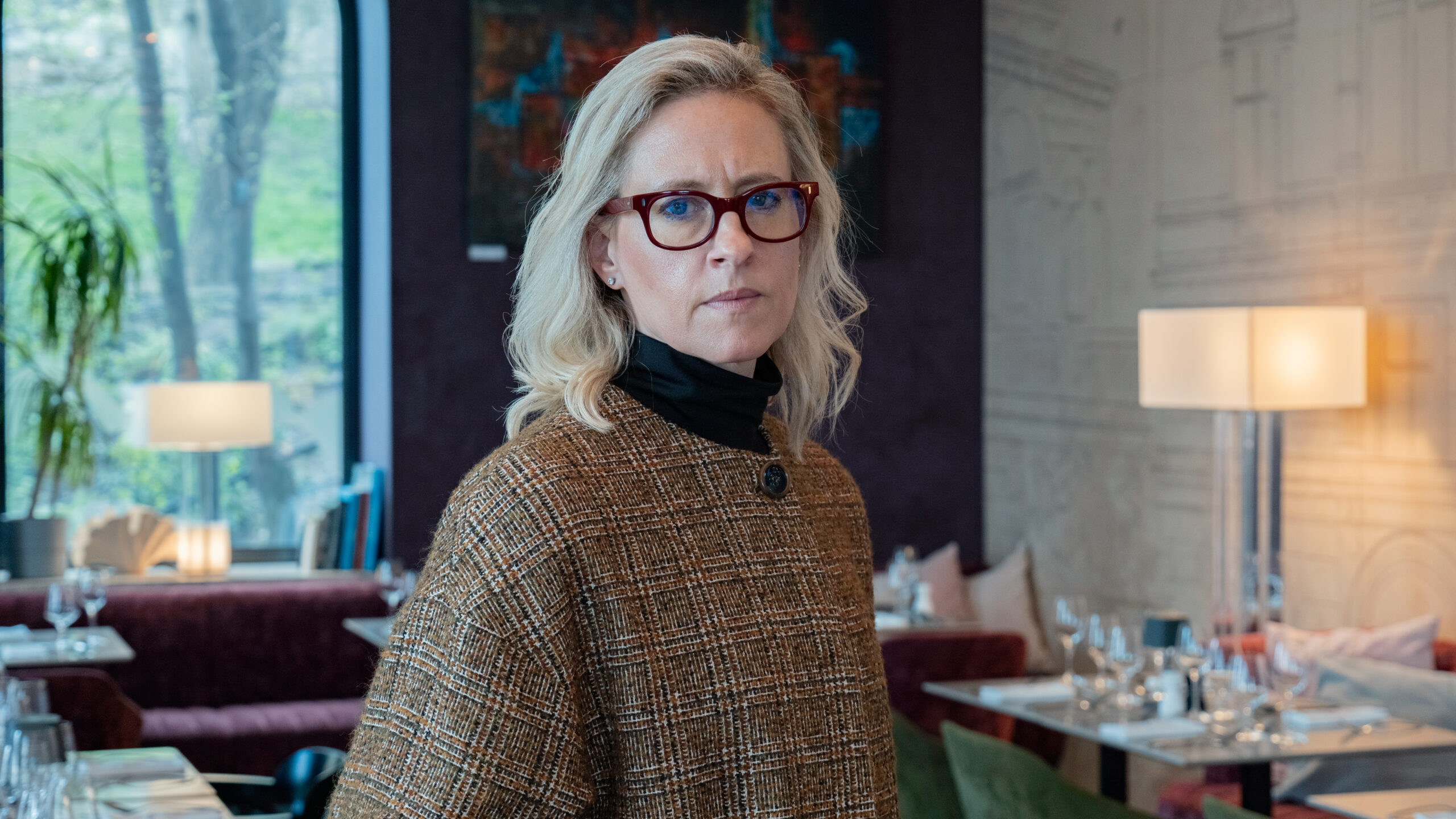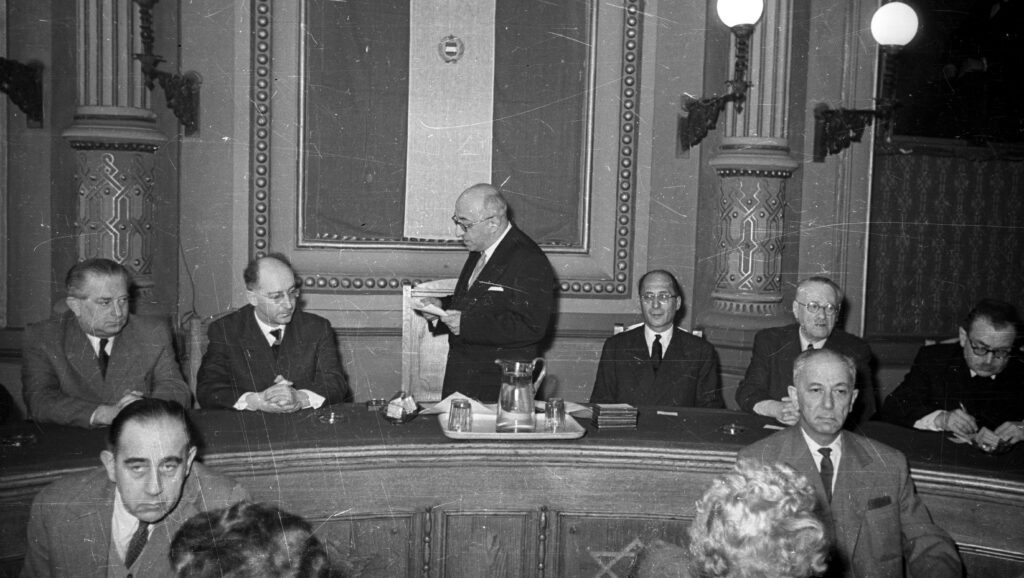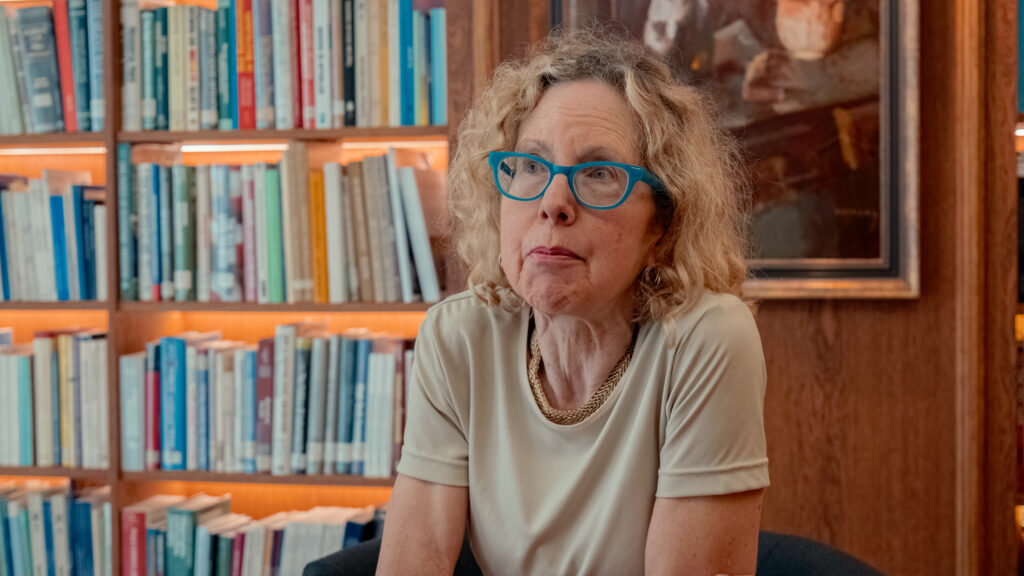Catherine Pakaluk is an Associate Professor of Political Economy at the Busch School of Business at the Catholic University of America. Formerly, she was Assistant Professor and Chair of the Economics Department at Ave Maria University. Her primary areas of research include economics of education and religion, family studies and demography, Catholic social thought and political economy. Dr Pakaluk is the 2015 recipient of the Acton Institute’s Novak Award. She did her doctoral work at Harvard University. Her latest book is Hannah’s Children: The Women Quietly Defying the Birth Dearth. She lives in Maryland with her husband, Michael Pakaluk, and eight children.
***
You have eight children. What was your intention or motivation for undertaking this?
Why not? I mean, I love them. When we got married, my husband had six children from his first marriage. He lost his first wife to breast cancer, so we already had six children in the home, and we were very much looking forward to having our first child together, and that baby brought a lot of joy to us. The other six children had suffered a loss of their mom, so the baby boy brought us a lot of joy. And why not continue? Number two also brought us a lot of joy, and so we had no reason to stop.
You are an expert in political economy. Is it a reasonable decision to have eight children from an economic standpoint?
We are blessed. The United States is a very wealthy country, and in fact, the price of having children has decreased over time. The food, clothing, and housing, even though housing in the United States can be pricey now, historically, these things require a smaller percentage of our income. Our grandparents didn’t think: ‘I can’t have the 10th child.’ In fact, children are relatively inexpensive. This is something we have to think about in terms of the trends, the expense of children, because the standard of living has risen dramatically. People expect more from their lifestyle today. So, children are expensive in terms of lifestyle or lifestyle affordability. It’s an opportunity cost. If you have more children, maybe you cannot travel as much.
Children bring us a lot of joy, purpose, and meaning, and as long as we’re willing to take a longer view, we don’t see an economic problem with them. You know, some people like to climb mountains. Some people like extreme sports. And why not children? Maybe for me it represents a kind of goal, a kind of excellence that, as I see it, has all of the merits of those things. And no one says to you: ‘Why are you climbing these mountains?’ It’s very expensive too, right? It does cost money, but you see it as a very small price to pay in view of the transcendent. If you’re up on top of the mountain, it feels wonderful. So, it’s possible to see it that way, but it’s a matter of your choices.
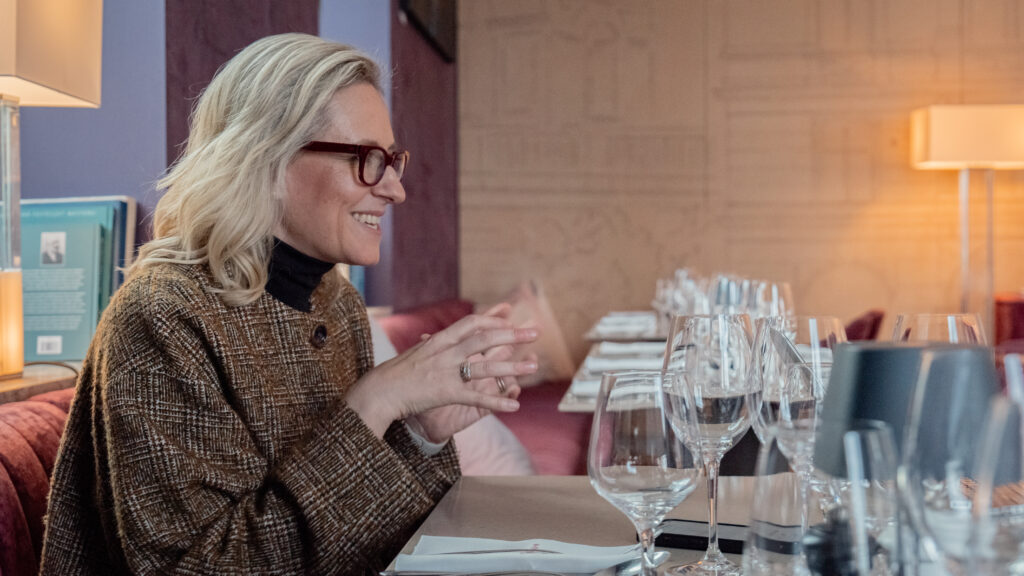
You talk about a higher goal. To give birth is to give life to a new human being, and it’s a partnership with the Creator in a new creation. Is this the way you see it?
Yes. I mean, there are many sides to having children. And in some way, you can see it as a participation in the story of humanity. Once you have children, you become like your mother, like your grandmother, like all of the grandmothers all the way back. And so, there’s a kind of human story, but for us it’s part of the Judeo–Christian story too. I’m travelling here in Hungary with my 12-year-old daughter, and you know, this one child of mine contains the whole world for me. She’s a new creation, but also a gift. The Creator offers us this opportunity to join Him in creation, and you experience it not as your accomplishment, but as a gift. And that’s really special.
What does a woman learn about life after giving birth to eight children?
When my children were little, I viewed having children more like a goal or a kind of excellence that I really believed in. There was a lot of joy, and it was a kind of goal, the way other people climb mountains. But as I got older—I really experienced it very profoundly with my seventh child—it changed something in me. I realized it’s a mystery to receive so much goodness. I realized I can’t take this for granted. When I was young, I believed (wrongly!) that I could do everything. But what I learned with her, when she was born, was that it was never me, it was always a gift. I couldn’t create my daughter on my own. And then you know, I learned how to see everything else in life as an amazing gift. So, for me, it’s been this very clear change to become more grateful. I started to see how much in life we receive.
‘The Creator offers us this opportunity to join Him in creation, and you experience it not as your accomplishment, but as a gift’
It’s really a transcendent experience. You are a Catholic Christian. Has it always been the case that you considered religion a part of your life and becoming a mother a natural goal for you?
I was raised a Christian in a very devout Catholic home. I had eight siblings, so I did experience this joy of children when I was young. And so, since I was young, I knew I wanted to be a mother, and I loved my faith just as long. But in college, like many people, I got a little off track, I studied with a lot of people who didn’t believe in God and didn’t think faith was reasonable. I became attracted to those ideas. And so, I had to go on a journey. First, it was an intellectual journey. I was introduced to the writings of John Henry Newman, and reading his work, I saw that it was true. So, this convinced my mind, in a sense, that the Christian story was correct, and that I needed to study more. And the second part was really a personal conversion. What made me want to do it really was a visit to Auschwitz in 1997. I had a very powerful sense, when I left, that I didn’t honour the lives of the saints who died there if I didn’t change my life. So, I said: ‘I’m going to change, I’m going to go back to church.’ Then about one year later, I met my husband, and we started a family together. Motherhood was a very big part of my marriage, because I married somebody with children, and it took courage for me to take that step. Without my religious convictions, I don’t think I would have agreed to marry my husband, because it looked to me as a very frightening thing: I was 23 and he had a lot of children.
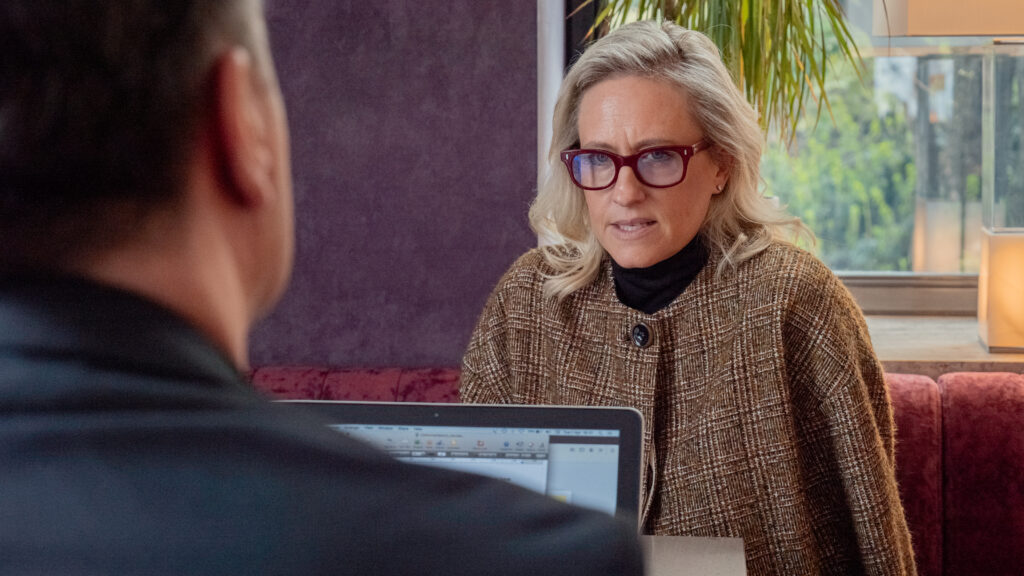
It takes a certain mindset. Also, fewer women want a child or feel capable of being good mothers. What went wrong over the last five decades in the realm of mentality?
I’ve just done a long study of women having children, and I think what really went wrong is a lack of faith, I mean that society has become much more secular, and the church has receded. There are many causes of secularity. In America, in part, it happened along with the New Deal programmes, the government decided to do the things that churches were doing, they started to run the schools, the charities, and there came the welfare state. And there was also the great scandal for people, the legacy of two horrific world wars among Christian peoples. You know, in the minds of people, it was a big letdown. And finally, the breakdown of the family from divorce, and family planning. Each of these things contributed to secularizing society. And what secularity does is force you to make decisions with a very short view. What the church or the faith does is it gives you the long view.
In the 60s, many opportunities were available to women after the sexual revolution, the pill and women going to college. In the short term, it looks like it would be better to raise my salary to pursue something that’s socially very sexy. It’s very attractive. But you need that long view to build a family, something that connects me to an eternal purpose. Faith helps us to put things in order of priority. And it takes some courage to make that trade.
When is the exact period of adolescence when children can receive serious distractions from external influences such as homosexuality, gender, or any other sexual ideological stimulations or doctrines?
When your children are five, they do what you do, they think the way you think. And when they’re 12, many parents start to find that a little difficult, and the reaction of many parents, understandably, is to spend less time with the children. Parents say: ‘They’re teenagers, and it’s a really bad time.’ It’s so hard to raise teenagers, so I think many parents mistakenly let them pull away. They spend more time with their friends, they are at school. But my reaction is the opposite, actually, in those sensitive years, when they are 12 to 16, if you have the opportunity, spend more time with your children. Because that’s when they’re forming an identity of their own, when they are beginning to understand who they are, when they ask all these existential questions. That’s exactly the time to pull them close.
Can a parent protect the child from external influence? Is it possible to talk to them without taboos on sexuality and other things?
I say that we can. I now have two sons who are married, ages 24 and 21. I have that experience. I think it’s really important to have options for schooling. In the American context, it’s very easy to educate your children at home or in small church-based schools where they’re surrounded by other peers who think the way we think as parents. You don’t really have rights as parents if you can’t educate your children completely, and if you can’t choose the other children around your children. Because these new ideas are very social. Transgender ideology, especially for girls, is like a social contagion. So, if you can’t choose the peer group of your children, you’re not educating them. It’s important that the religious communities and the conservative communities can pass on their good beliefs.
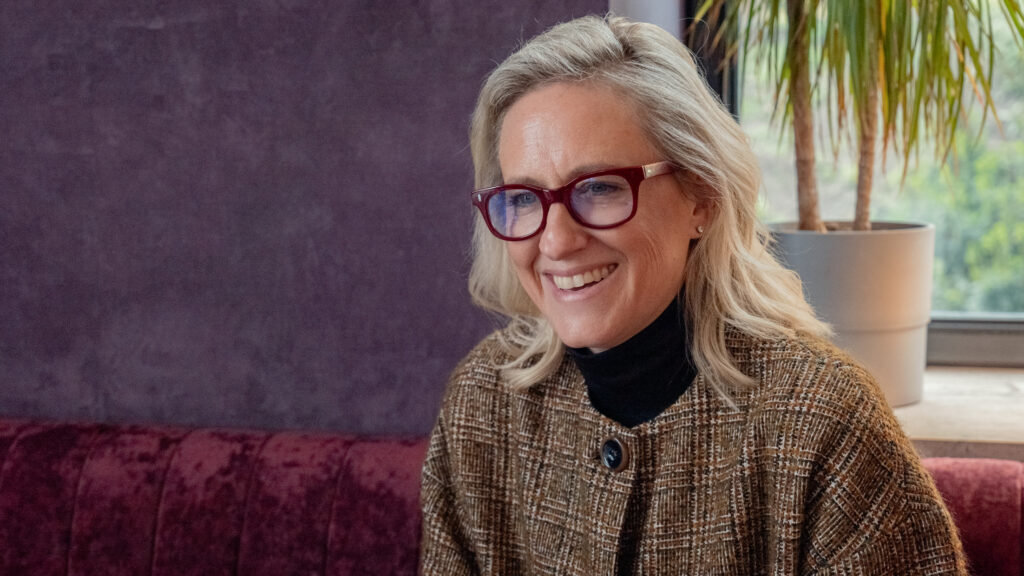
When is the right time to talk to them openly about sexuality to defend them from external influences?
The philosophical answer is that children learn about sexuality from their relationship with their parents. They learn what it is to be a woman by looking at their mom. Is a family an attractive place to be? How much does the father love the mom? You have to do everything for your marriage and your family. We see that children who grow up in good marriages are not very drawn to bad ideas about sexuality. So that’s a protection, an immunity. It’s very important. So that’s the first point. The second point, practically speaking, is that you follow the interest of the child. They start to ask questions: how really does the baby get inside? That’s a moment. If they’re asking that question, you need to start. Dad talks to the boys, mom talks to the girls. But then you have to add more to that, you can’t just talk once; but then you begin to speak more openly.
‘We see that children who grow up in good marriages are not very drawn to bad ideas about sexuality’
You can ask: ‘Have you come across this at school? Has anybody shown you any pictures that you don’t know?’ You have to ask your boys about pornography. You have to ask your girls about it too, because they’re going to be exposed. You need to ask them weekly, monthly. You need to ask: ‘What am I missing?’ It’s the parents’ job to protect them. You need to be vigilant or protective; small kids should not have smartphones. If they first see the bad things when they’re 16, it’s a big difference from seeing those when they’re eight.
The state can regulate child protection, and can use financial tools to help young parents have as many children as they originally wanted. But where are the limits on how much a state can assist?
I would say that the power of the state is kind of instrumental in a certain way, and it’s also asymmetric. The state should always ban things that are very toxic, right? You ban terrible drugs, but you should ban terrible pornography. I mean, those are in the same category, that’s part of protection. I don’t think that’s difficult.
Instead of the United States and Hungary, let’s look at China. China worked very effectively to limit families. So, we know the power of the state to oppress the family. Since the time when China realized that it was a bad idea and that it had gone too far, they’ve had almost zero success in getting people to have children again. That’s the asymmetry that I mean. The state can oppose family formation and make family sizes smaller (always unjust), but it’s very hard for the state to make family sizes larger.
An important piece of the conservative belief in human nature is the recognition of love between a man and a woman, and the family, which is the basic cell of society. Marriage and having children are like springs in the ground. It’s like a natural resource. The job of a good state is to protect that spring and to understand that it’s a resource. A bad state can block the spring. A good state can protect the spring, but there is no state that could create the spring. That’s the limit of the state.
What aspects of the Hungarian regulations on family do you find impressive?
I’m not an expert in the Hungarian policies, so I would like to distinguish between the kinds of things that make it easier for people to be a spring. So, I would say reducing taxes on families is good. Because a heavy tax burden makes it very difficult for families. From my perspective, it would be better if the income tax reduction for families were extended also to the husband, not just to the wife. Because you want to protect the spring, not the woman, not the man, but the union of them. Reducing the debt would help too.
‘The job of a good state is to protect that spring and to understand that it’s a resource. A bad state can block the spring’
But the question that Hungary and also the United States have to answer is: what about the families that don’t want to be a spring? We don’t think that financial tools are very effective in creating the desire to form a family and have children. In this field, the church does a better job. So, I would say a kind of family policy available to the state is a pro-religion policy. When we consider what feeds the spring of the family, it is the church, and Christian education for children, so education policy and religion policy are also part of the family policy.
Related articles:

